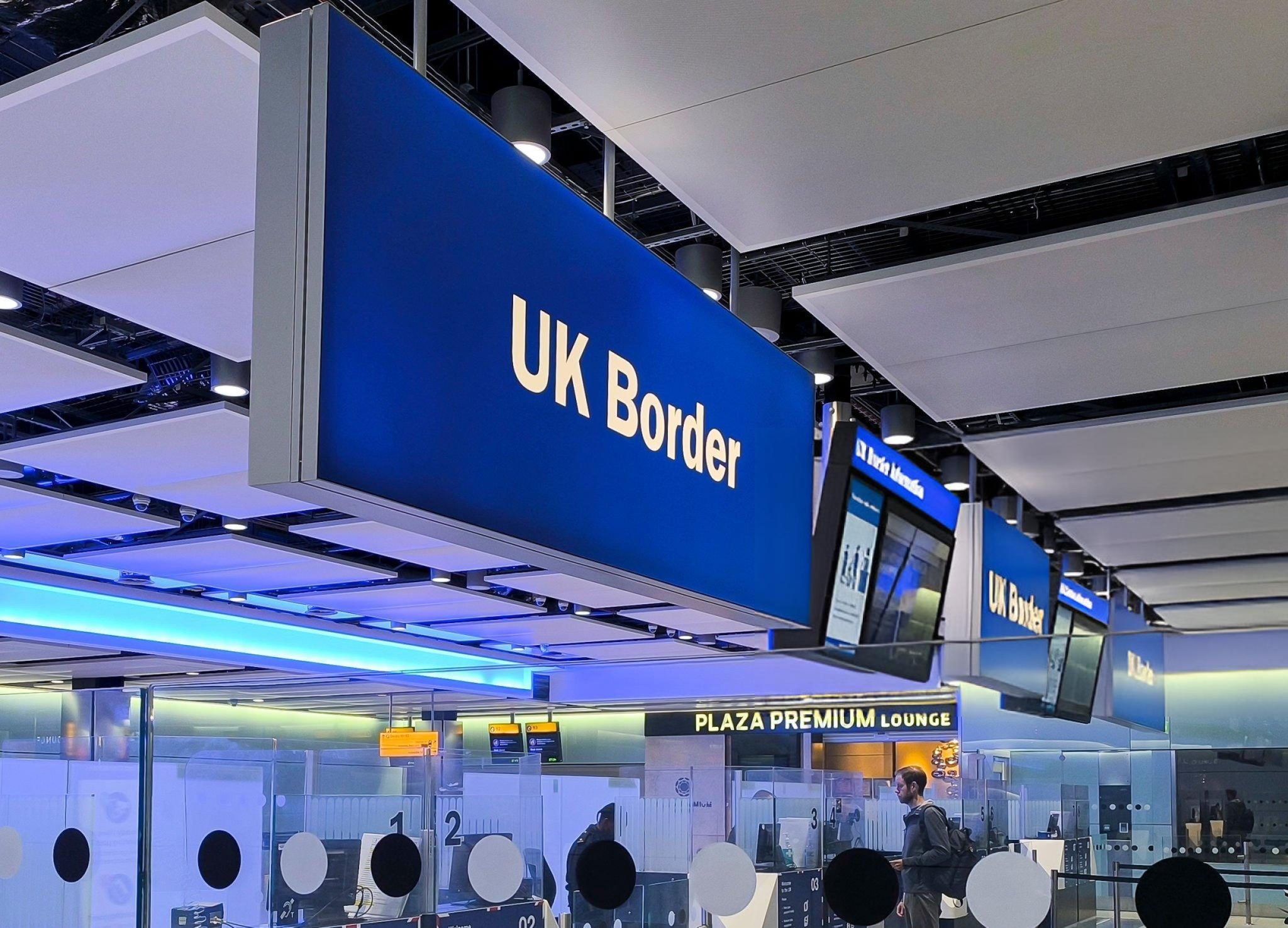Home office failure to track visa overstayers raises concerns over UK border security
The UK home office has come under renewed criticism after it emerged that it does not systematically record when migrants leave the country upon the expiry of their visas, raising fresh doubts about the effectiveness of Britain’s border control measures.
Labour MP and former minister Clive Betts has expressed serious concern over the lack of proper exit checks, warning that the current system – which depends largely on matching passenger data with visa records – is inadequate and leaves the country vulnerable to illegal overstayers. Speaking during a session of the Government’s Public Accounts Committee, Betts said that unless significant changes are made, “the system will continue to fail.”
The home office currently does not track the departure of every migrant, relying instead on a patchwork of data gathered from airlines and other carriers. Marc Owen, the Director for Visa Status at the home office, admitted to the committee that “we’re not tracking every single individual” working in the UK from abroad. He confirmed that the home office only knows if a person has departed the UK by attempting to match passenger manifests with visa records.
In the absence of firm exit checks, enforcement falls on employers and immigration officials. Employers are expected to conduct visa checks on staff, while immigration enforcement officers carry out workplace raids based on intelligence reports. Between july and october last year, immigration enforcement carried out 3,188 visits — a sharp increase compared to the 2,371 conducted in the same period in 2022. Arrests also rose during that time, from 1,836 to 2,299, and fines totalling nearly £1.9 million were imposed on around 50 London businesses found to be employing undocumented workers.
Owen said: “We use our immigration enforcement services to visit illegal working places on the basis of intelligence and to collect people and to return them as they can.”
Mr Betts, in comments to the BBC, described the situation as “a general failure of the border system over several governments” and urged the Government to ensure that tracking people’s departure from the UK is embedded into any revised immigration policy. “We must know who is coming in and who is going out – otherwise, we have no control over our borders,” he said.
The criticism comes just days before Labour leader Sir Keir Starmer is expected to outline a major overhaul of the UK’s immigration strategy, in what has been described as a “reset” of national policy. The forthcoming Immigration White Paper is anticipated to propose tougher rules, including raising the english language proficiency requirement for visa applicants and doubling the waiting period for migrants seeking indefinite leave to remain – from five to ten years.
There are also suggestions that visa applications from countries with high rates of overstaying or asylum claims may face tighter restrictions. These changes form part of a broader government effort to bring down net migration, which in 2023 reached 728,000 – a record high.
A home office spokesperson defended the Government’s position, stating: “Under our plan for change, our upcoming Immigration white paper will set out a comprehensive plan to restore order to our broken immigration system.”
However, critics argue that without a robust mechanism to track departures, any effort to overhaul immigration policy will be undermined from the start. The call for a modern, data-driven system of exit checks is growing louder across the political spectrum, with pressure mounting on ministers to ensure that the UK’s borders are not just open to entry – but accountable on exit.






